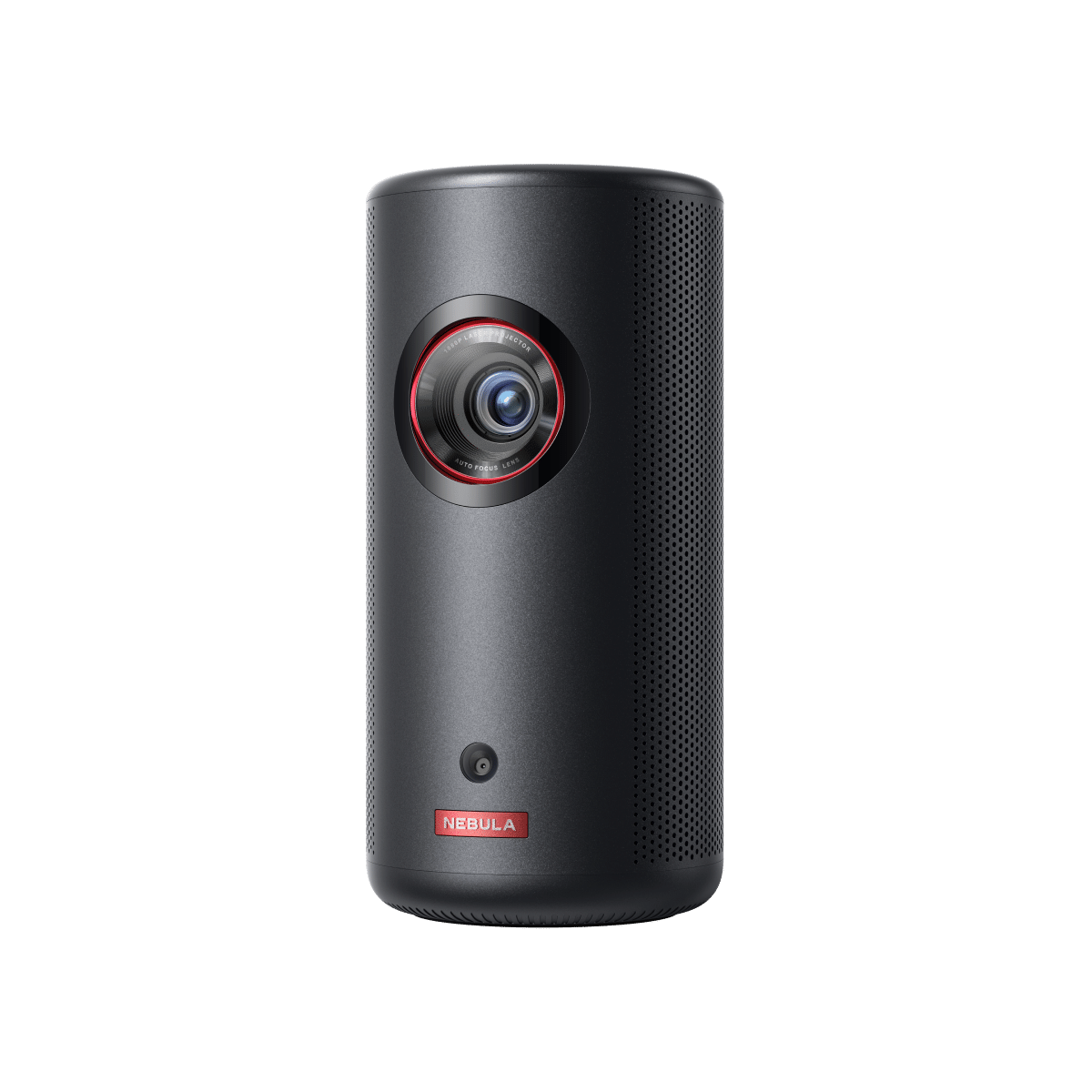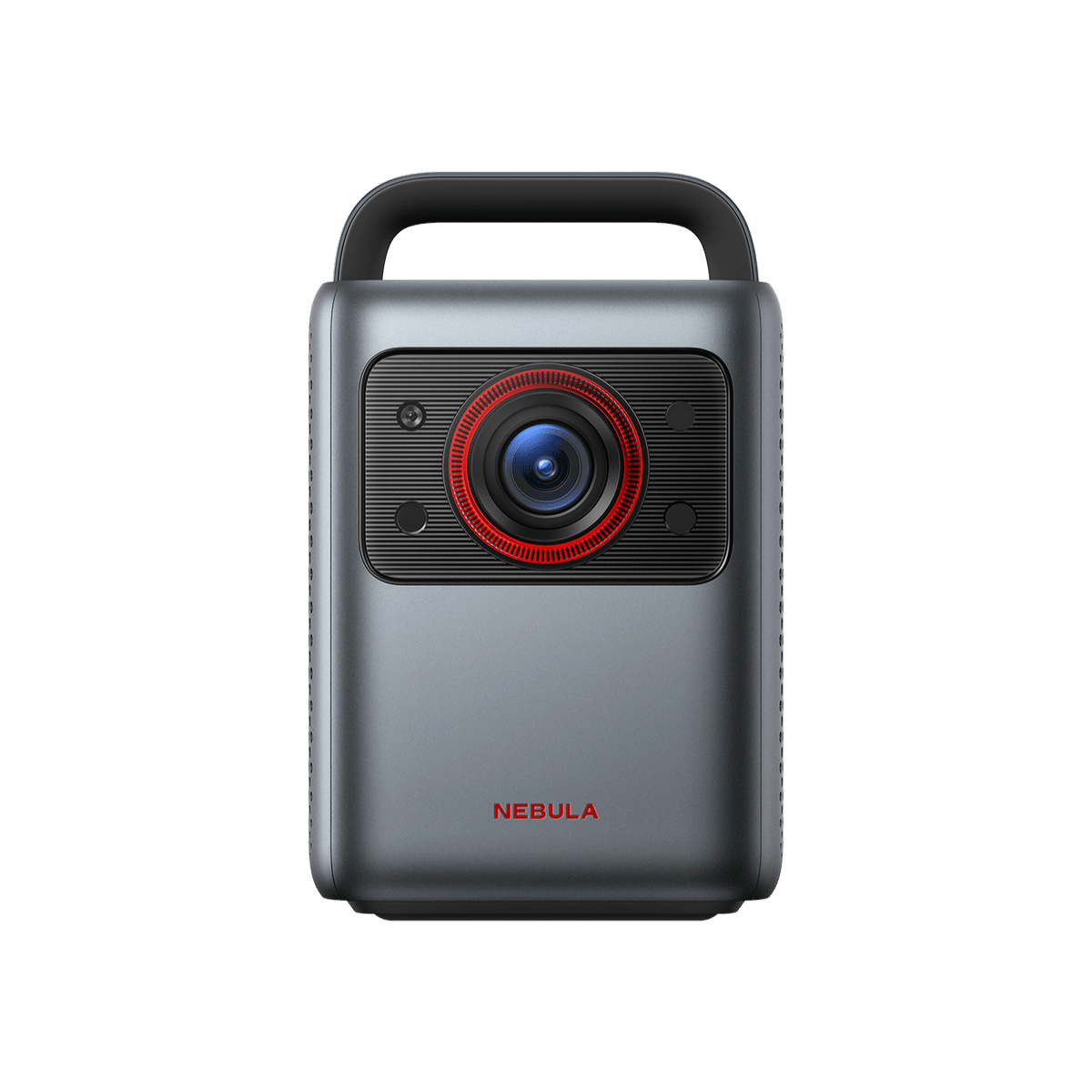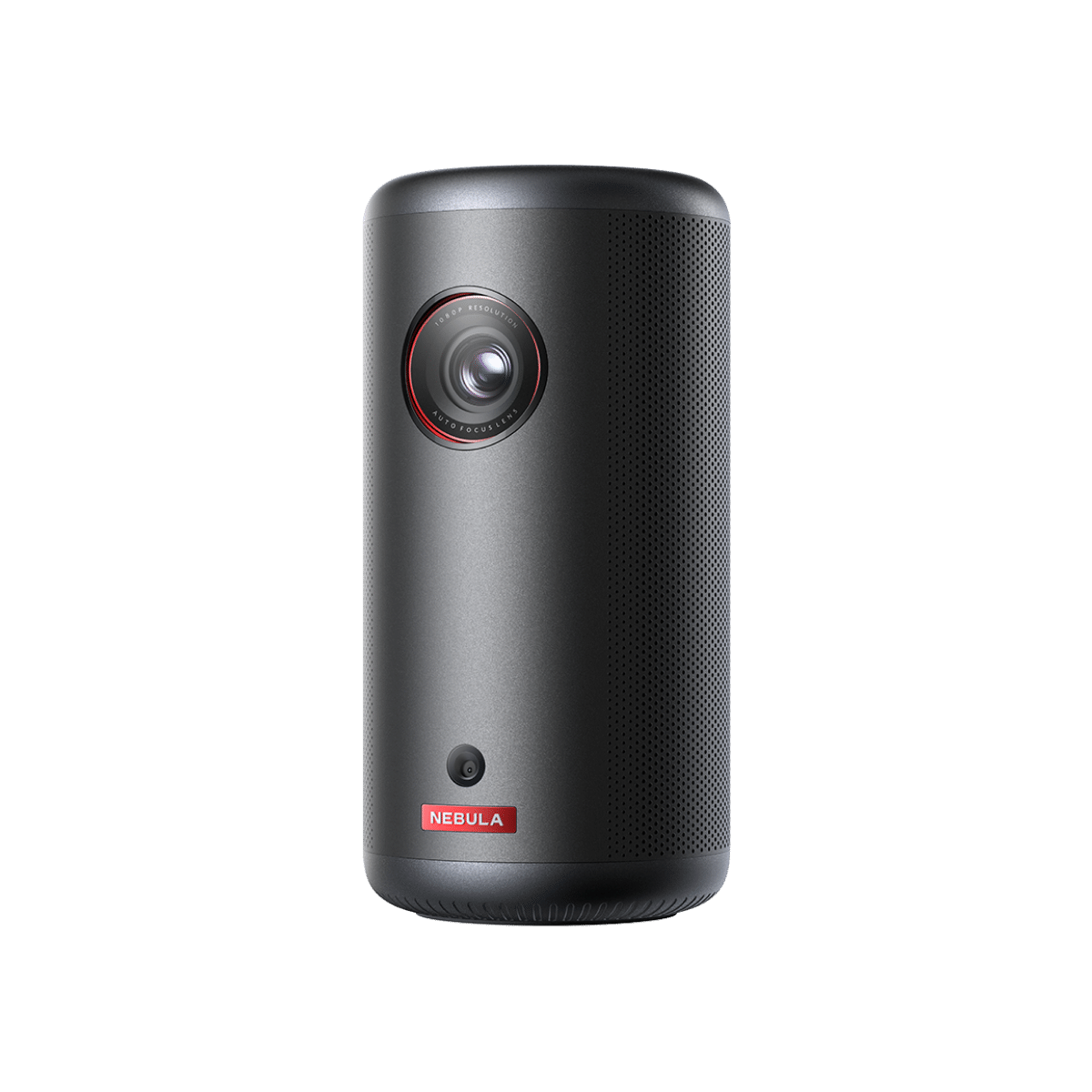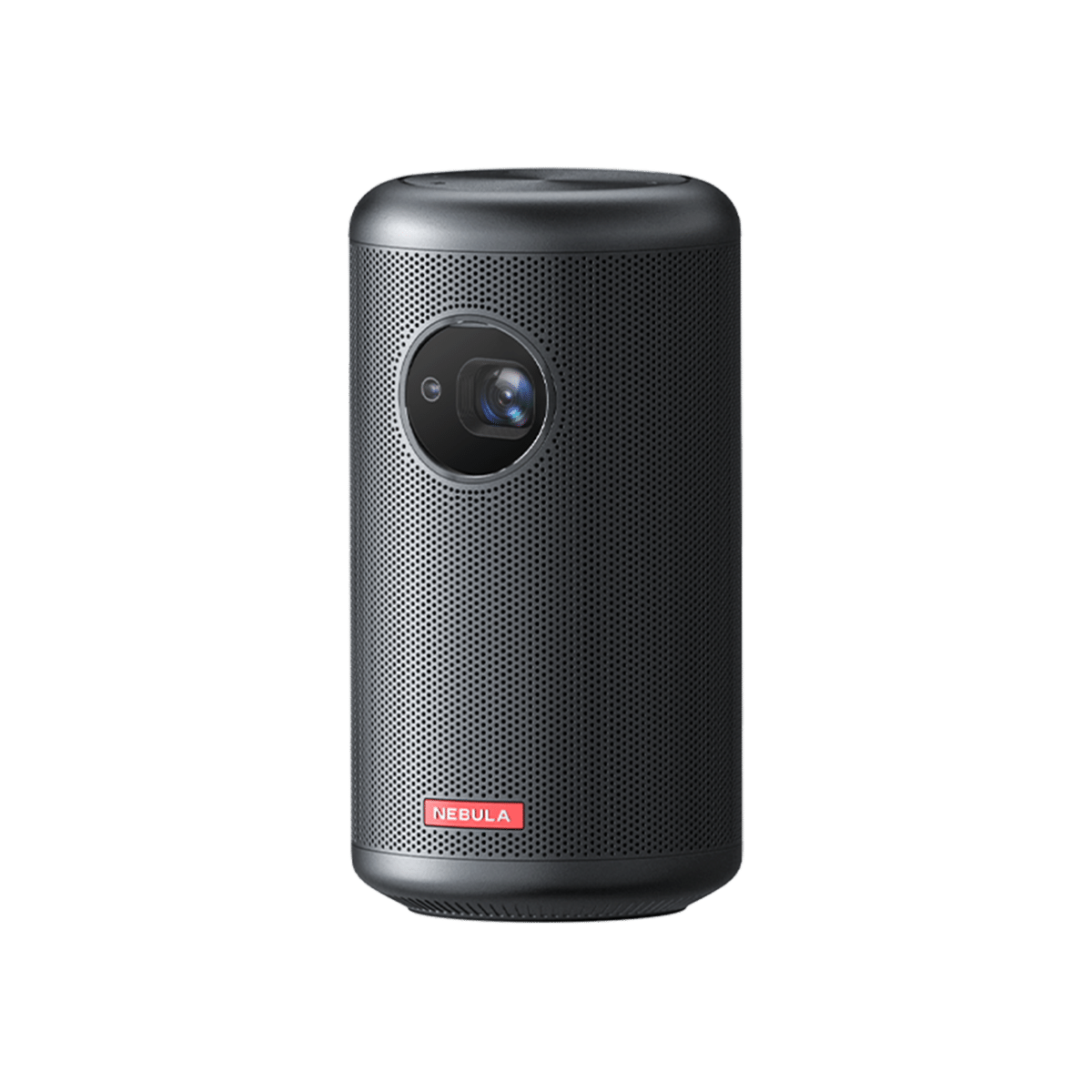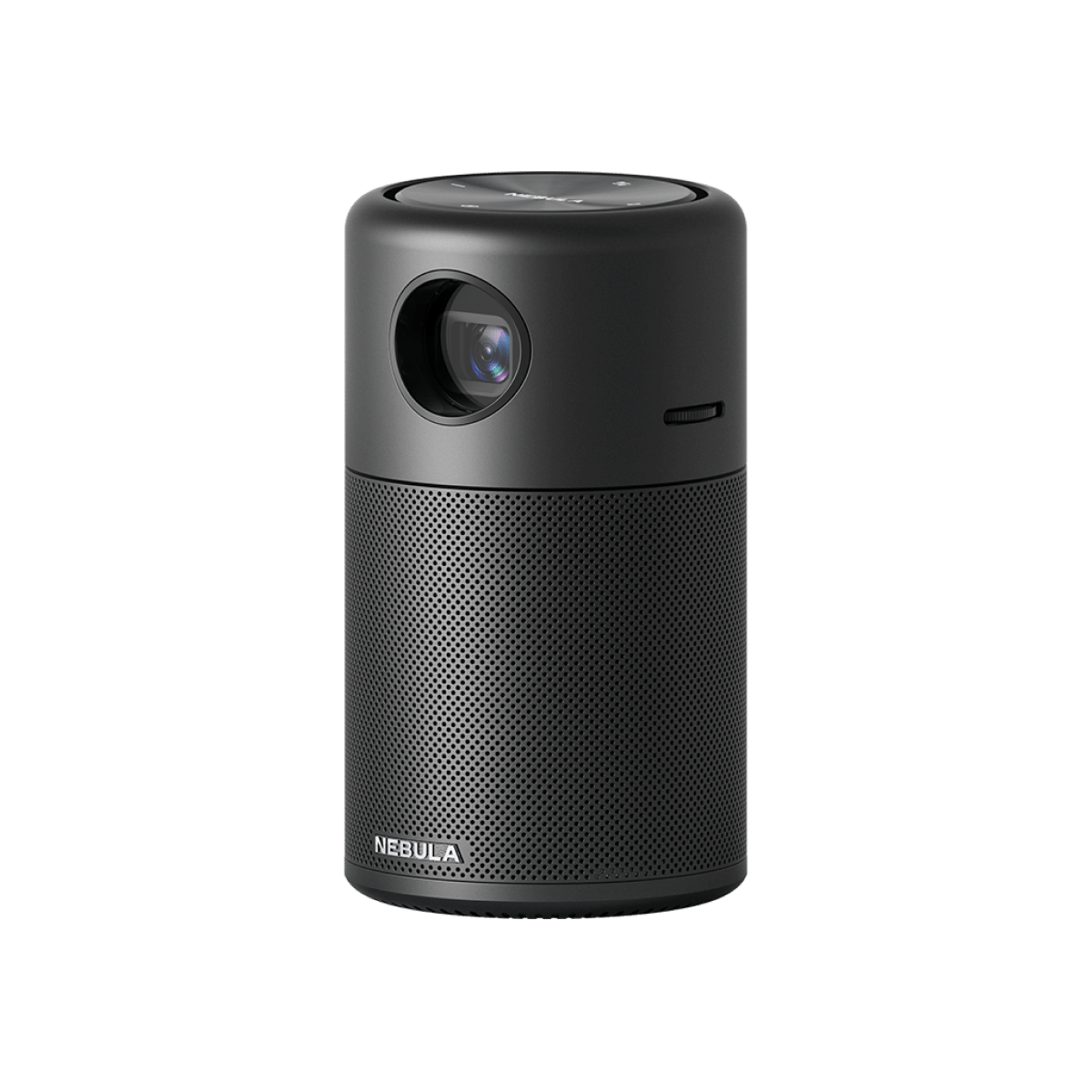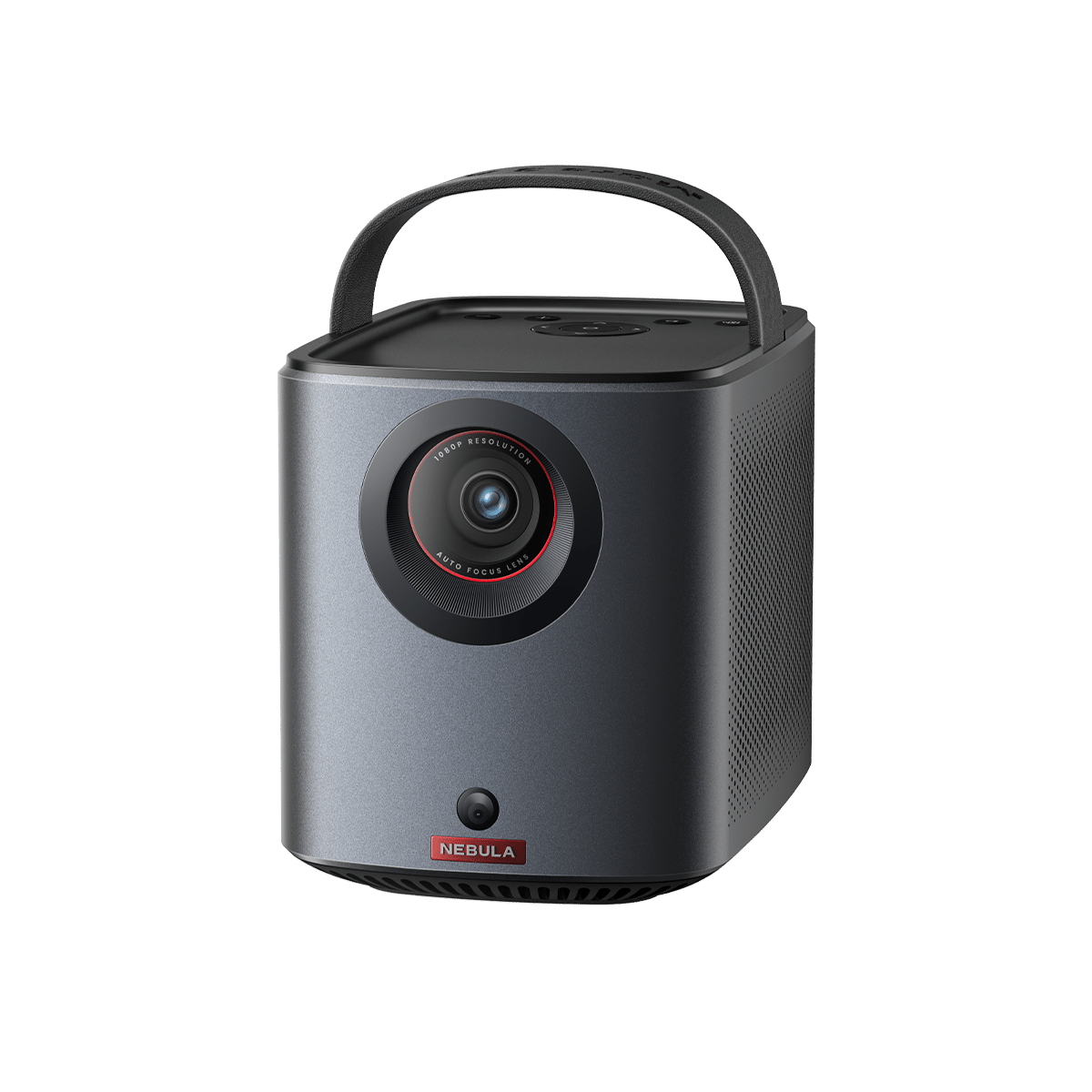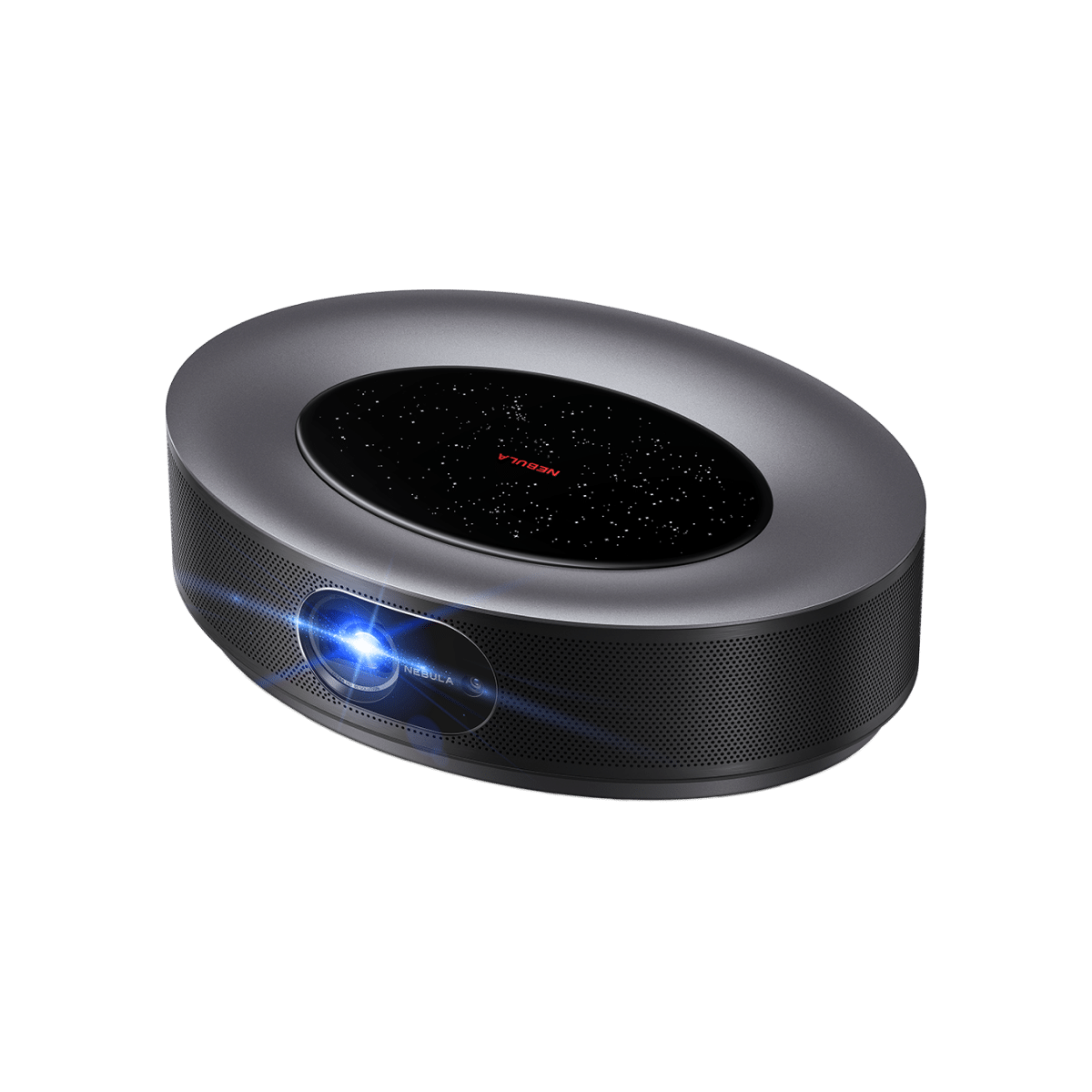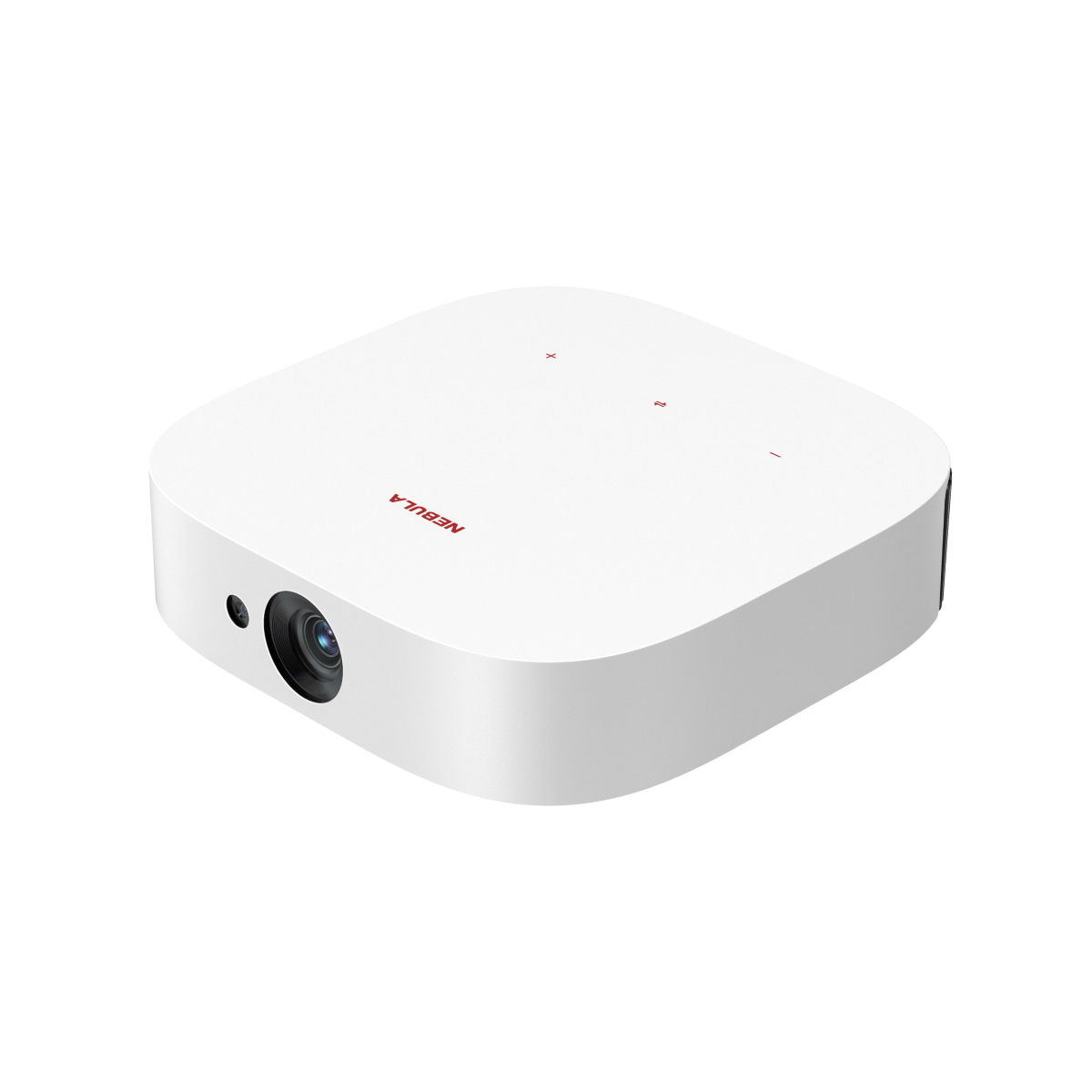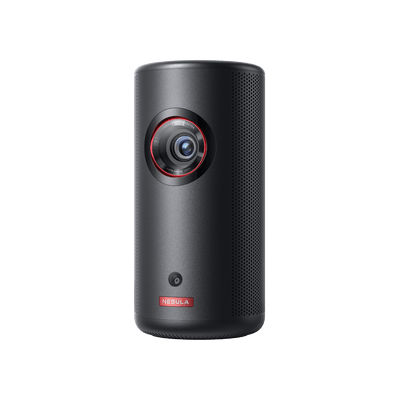Projector lens replacement is a crucial maintenance task to ensure optimal image quality and clarity. Over time, projector lenses may develop issues such as scratches, dust, or fogging, affecting the projected image. In this guide, we'll explore the types of projector lenses, step-by-step instructions on how to replace projector lens, tips for protecting your projector lens, and answers to common questions.
Types of the projector lens
Projector lenses are not one-size-fits-all; they come in various types, each serving specific projection requirements and compatible with different projector models. It's crucial to understand these lens types to make an informed decision when considering lens replacement or choosing a projector initially. Here are the common types of projector lenses:
- Zoom Lens: This is the most prevalent kind of projector lens, providing a fixed focal length or a variable zoom range. Such lenses offer flexibility in adjusting the image size and throw distance.
- Short-Throw Lens: Short-throw lenses are designed to project a large image from a limited distance. They are perfect for tight spaces or situations where you need to avoid shadows caused by people passing in front of the projector.
- Long-Throw Lens: On the other hand, long-throw lenses are intended to project a large image from a significant distance. They are suitable for larger venues like auditoriums or outdoor events where the projector needs to be placed far away from the screen.
- Ultra-Short Throw Lens: Ultra-short throw lenses can project large images from an extremely short distance, often just a few inches away from the screen or wall. They are frequently used in interactive whiteboard systems or for creating immersive displays.
How to Replace Projector Lens?
Replacing a projector lens is a task that requires careful attention to detail to maintain optimal image quality. Here are step-by-step instructions on how to fix projector lens:
What You Will Need
To replace your projector lens effectively, you will need the following tools and materials:
- Replacement Lens:
Ensure you have the correct replacement lens designed for your projector model. Refer to your projector's user manual or contact the manufacturer for precise information on compatible replacement lenses.
- Screwdrivers
You'll require a set of screwdrivers, including Phillips and flat-head screwdrivers, to remove the old lens and secure the new one in place.
- Cleaning Supplies
Gather cleaning supplies to prepare the lens housing and surrounding area for the replacement. You'll need a microfiber cloth and lens cleaning solution to ensure a dust-free and contaminant-free environment.
Stepson How to Change the Projector Lens
- Safety First: Begin by ensuring that the projector is turned off and disconnected from its power source. If the projector has been in use recently, it's crucial to allow it to cool down to prevent any accidental burns or damage.
- Access the Lens: First, locate the mounting screws that hold the lens in place. These are usually on the side or top of the projector and may require a screwdriver to remove them. And before you move on to take out the old lens, it’s highly recommended that you take a picture of the layout inside, in case you forget about how to assemble the parts back correctly later.
- Remove the Old Lens: This involves using the appropriate screwdrivers to gently unscrew the old lens from the projector. It's crucial to perform this task delicately to avoid any damage to the lens or the projector itself. Wear a pair of gloves if possible to avoid touching the lens with grease or dirt.
- Clean the Area: Before proceeding with the installation of the new projector lens, it's crucial to prepare the lens housing and the surrounding area to guarantee a dust-free environment. This step is vital in preventing any contaminants from affecting the image clarity and overall performance of the new lens.
- Install the New Lens: How to put projector lens back together? Begin by gently inserting the new lens into the lens housing, paying attention to ensure its correct alignment. It's crucial that the lens fits snugly and accurately within the housing, as this is essential for maintaining the highest image quality.
- Final Checks: Before completing the projector lens assembly process, make sure to reset the lamp hours counter if required by your projector model. This step ensures that the projector recognizes the new lamp and accurately tracks its usage. Refer to your projector's user manual for instructions on resetting the lamp hours counter.
- Power On:Finally, plug in the projector, turn it on, and check the image quality to confirm that the new lens is functioning correctly. You should see improved clarity and focus, indicating the successful replacement of the projector lens.
Tips for Protecting Your Projector Lens

Protecting your projector lens and ensuring long-lasting performance involves practicing proper maintenance and care. Here are some essential tips for safeguarding your projector lens:
- Regular Cleaning:Make it a habit to regularly clean the projector lens and the surrounding housing to prevent dust buildup. Use a microfiber cloth and lens cleaning solution to gently remove any dirt or particles that may affect image quality.
- Avoid Touching the Lens:Always avoid touching the lens surface with your fingers. The natural oils and residues on your skin can leave smudges and affect image clarity. If necessary, wear gloves or use a clean, lint-free cloth when handling the lens.
- Dust-Free Storage: When your projector is not in use, store it in a dust-free environment. Dust and contaminants can settle on the lens and housing over time, potentially impacting performance. Using a projector cover or keeping it in a dedicated storage space can help prevent dust buildup.
Conclusion
In conclusion, projector lens replacement is a vital aspect of maintaining the optimal performance of your projection system. We've explored the various types of projector lenses available and provided a step-by-step guide on how to replace them. To undertake this task, you'll need specific tools and a careful approach to ensure a successful replacement. Additionally, we've shared valuable tips for protecting your new projector lens, which will help extend its lifespan and maintain your picture quality. With the knowledge and guidance provided in this article, you can confidently tackle projector lens replacement and continue to enjoy a top-notch home theater experience for years to come.
Frequently Asked Questions about “projector lens replacement”
What lens do I need for my projector?
The lens required for your projector will depend on factors such as the distance of the projection, screen size, and room configuration. Take into account whether a zoom lens, a short-throw lens, or a long-throw lens is needed. Ensure compatibility between the lens and your projector model. Seek guidance from the manufacturer's website or a trusted supplier to receive recommendations tailored to your specific needs.
How do I know if my projector lens is bad?
You can determine if your projector lens is faulty by observing image problems like blurriness, distortion, or irregular color. Examine the lens for any physical damage, such as scratches or smudges. If cleaning doesn't improve the image quality and there is no physical damage, it might be a more complex optical issue. Check for dust or dirt inside the lens or on the projector's imaging components. Moreover, if adjusting the focus and alignment does not enhance image clarity, it may indicate a problem with the lens.
